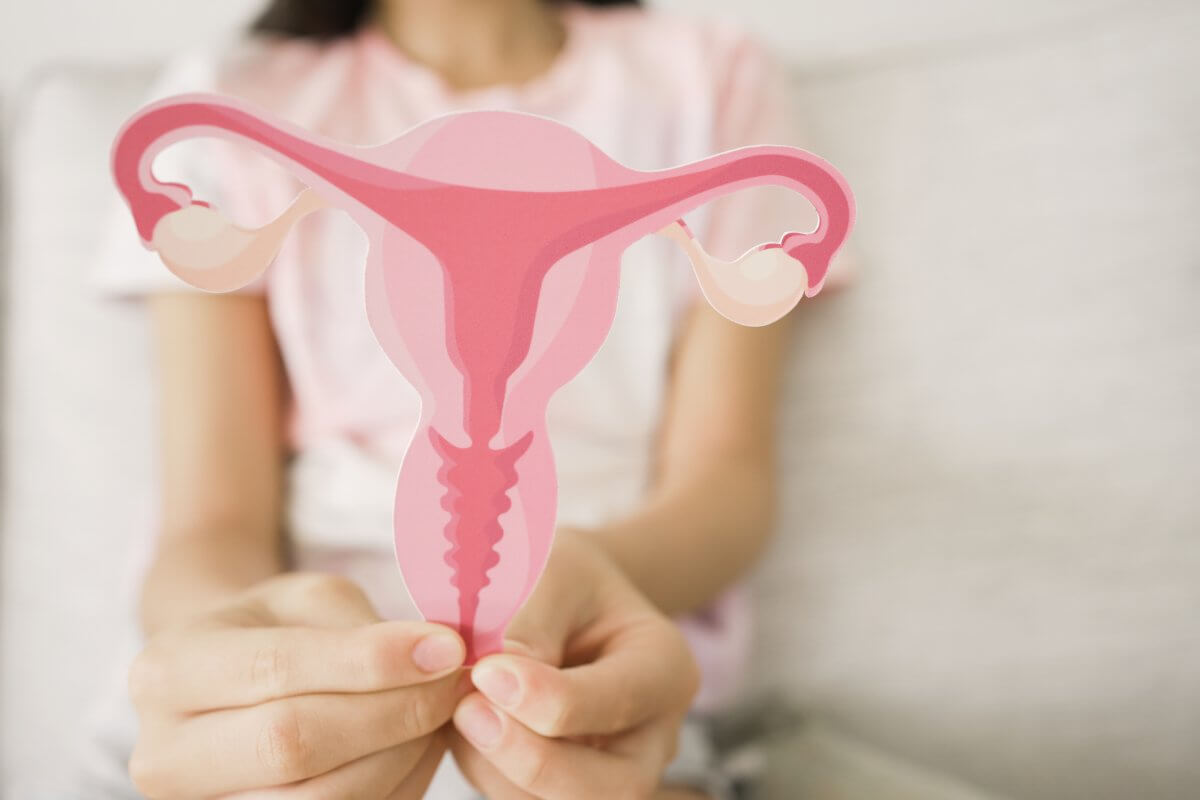For many intended parents, the journey to parenthood through IVF can be challenging, especially when faced with having only one frozen embryo left after a failed IVF cycle. There are options available and your dreams of becoming parents are still within reach.
If you have one frozen embryo left and want to explore surrogacy, contact us online now or get help coping with having one embryo left.
Each option carries its own advantages and considerations, but surrogacy, in particular, can offer unique benefits for families in this situation.
Only One Embryo Left to Transfer [Your Options]
When faced with only one frozen embryo after a failed IVF cycle, you may be wondering what to do next. It’s normal to feel a range of emotions when you have just one frozen embryo left.
After the emotional rollercoaster of IVF, you may feel anxiety, grief, or even hope about what’s next. Know that you’re not alone, and there are options available.
1. Surrogacy
For intended parents who have experienced multiple IVF failures or have concerns about carrying a pregnancy themselves, surrogacy can be an ideal solution, especially when you have one frozen embryo left.
Surrogacy generally offers higher success rates than traditional IVF, largely because the gestational carrier’s body is carefully screened and prepared for the embryo transfer. This gives your remaining embryo the best chance of becoming a successful pregnancy.
At American Surrogacy, we specialize in helping intended parents complete their family with a highly qualified gestational carrier. Our surrogates undergo comprehensive pre-screening to ensure they are medically and emotionally ready to carry your embryo to term.
To learn how many embryos you need for surrogacy, check out this article.
2. Proceeding with Another Transfer
For some intended parents, trying another embryo transfer might seem like the natural next step.
However, it’s important to carefully consider your overall health and past IVF experiences before moving forward. If you’re still feeling optimistic about carrying the pregnancy yourself, you’ll need to work closely with your fertility specialist to learn more about your chances of success with only one embryo left.
3. Embryo Donation
Donor embryos provide an opportunity to increase your chances of success without starting a new IVF cycle from scratch. This option can be especially beneficial if you’re emotionally and financially drained from multiple attempts.
With donated embryos, you gain access to additional embryos that can be implanted, giving you renewed hope for pregnancy and a growing family.
Surrogacy with One Embryo Left
Surrogacy can be an alternative path to parenthood and offers a lifeline to those struggling with infertility. With American Surrogacy, you’ll be on the right track toward experiencing the best version of the surrogacy process.
If you have one embryo left, then surrogacy can be an option for you.
Candidates for surrogacy often experience:
- Uterine Health Concerns: If you’ve faced difficulties with your uterus or have been advised against further pregnancies, surrogacy allows your embryo to develop in the healthy uterus of a surrogate.
- Past IVF Failures: Repeated failed IVF cycles can be emotionally exhausting. With surrogacy, you get a fresh start with the same embryo.
Surrogacy provides a reliable path forward, giving your embryo the best possible chance in a carrier who meets the highest health standard guidelines set by the Assisted Society of Reproductive Medicine (ASRM).
At American Surrogacy, we match you with a highly qualified surrogate in just 1-6 months, so you can move forward without delay.
If you’re ready to take the next step toward surrogacy, contact us online now to create a personalized plan with a specialist or check out our list of available surrogate situations to get a head start on your journey to parenthood.
Preparing for Surrogacy With One Frozen Embryo Left
If you choose surrogacy as the next step, here are some important things to keep in mind as you prepare for the process:
1. Legal Aspects
Surrogacy involves specific legal processes to ensure parental rights and responsibilities are properly established. It’s crucial to work with an experienced surrogacy attorney to draft a clear and enforceable contract. We can help you navigate the legal aspects, ensuring your rights are fully protected.
2. Financial Planning
Surrogacy can be a financial investment, but American Surrogacy offers financial protection and transparency to safeguard your budget. Be sure to review all costs upfront, including surrogate compensation, agency fees and any medical expenses.
With our two inclusive fee structures, you’ll always be certain what you’re paying for.
3. Emotional Readiness
Surrogacy is a life-changing journey, and it’s essential to prepare emotionally for the experience. Connect with other intended parents, read personal surrogacy stories and ensure you have a strong support system in place.
When faced with the reality of a one frozen embryo left after a failed IVF cycle, it can feel overwhelming. Surrogacy offers a promising path forward, especially for intended parents who have experienced IVF challenges.
By working with a reputable agency like American Surrogacy, you gain access to highly qualified surrogates, financial protection and a fast matching process to help you achieve your goal of becoming a parent sooner than you ever thought was possible.
If you’re ready to explore surrogacy with your remaining frozen embryo, contact us online now. Let us help you take the next step toward the family you’ve always dreamed of.









![Choosing an Egg Donor or Sperm Donor [5 Things to Consider]](https://www.americansurrogacy.com/blog/wp-content/uploads/2021/05/GettyImages-1206221259-1200x800.jpg)